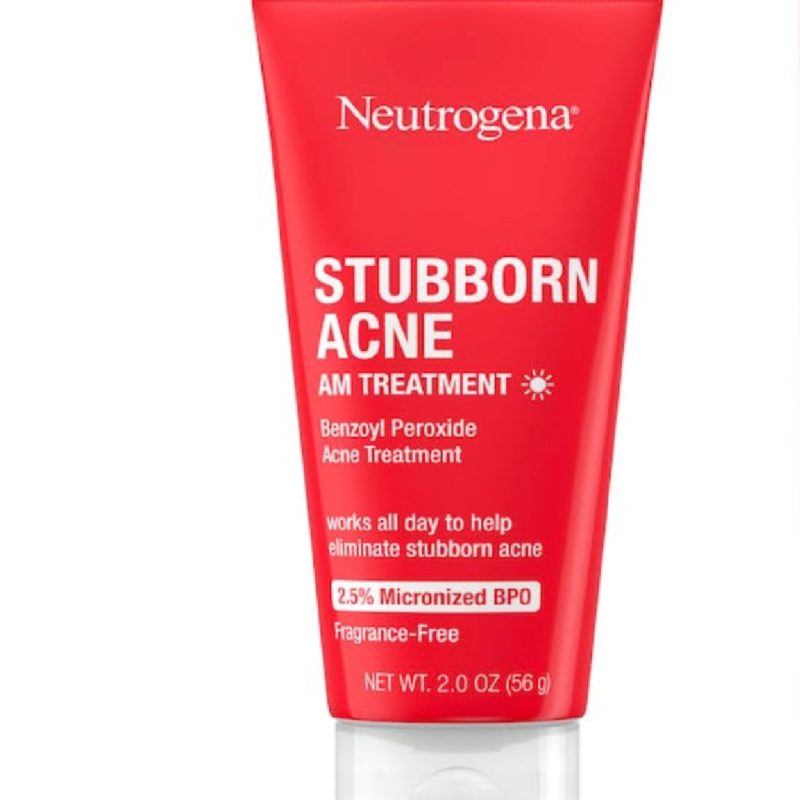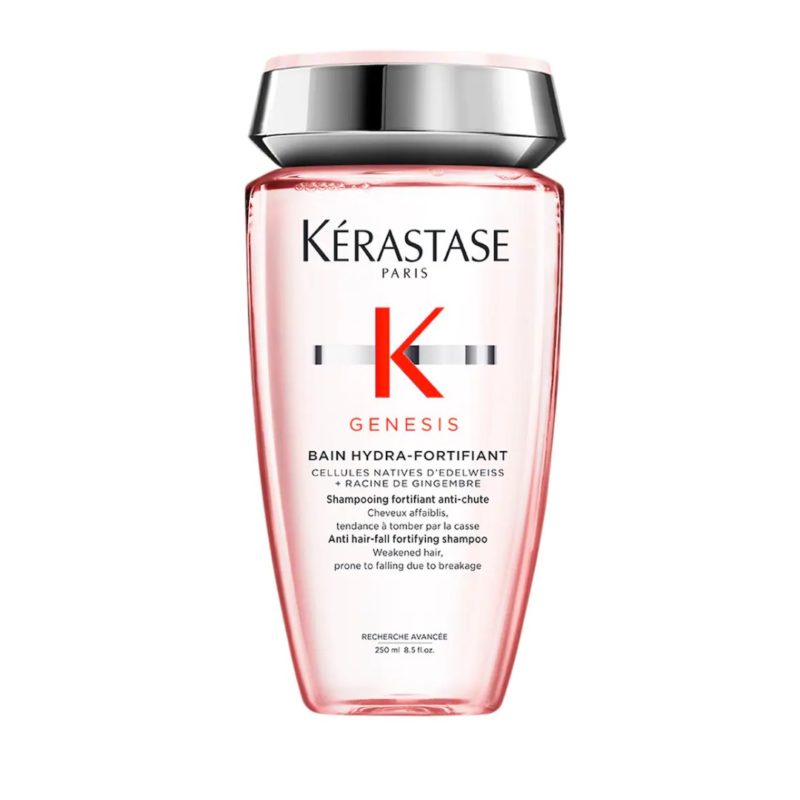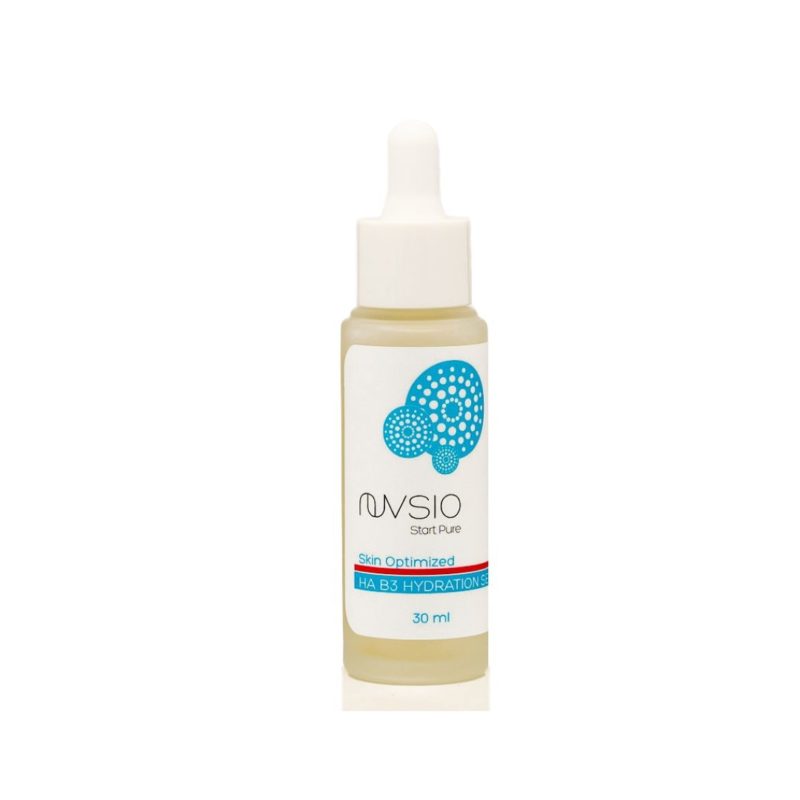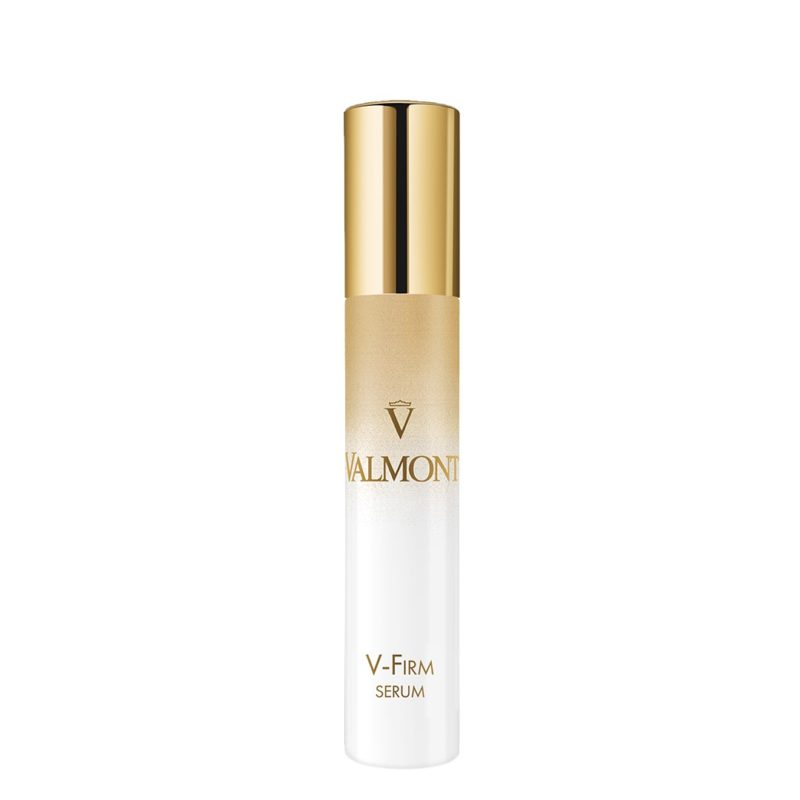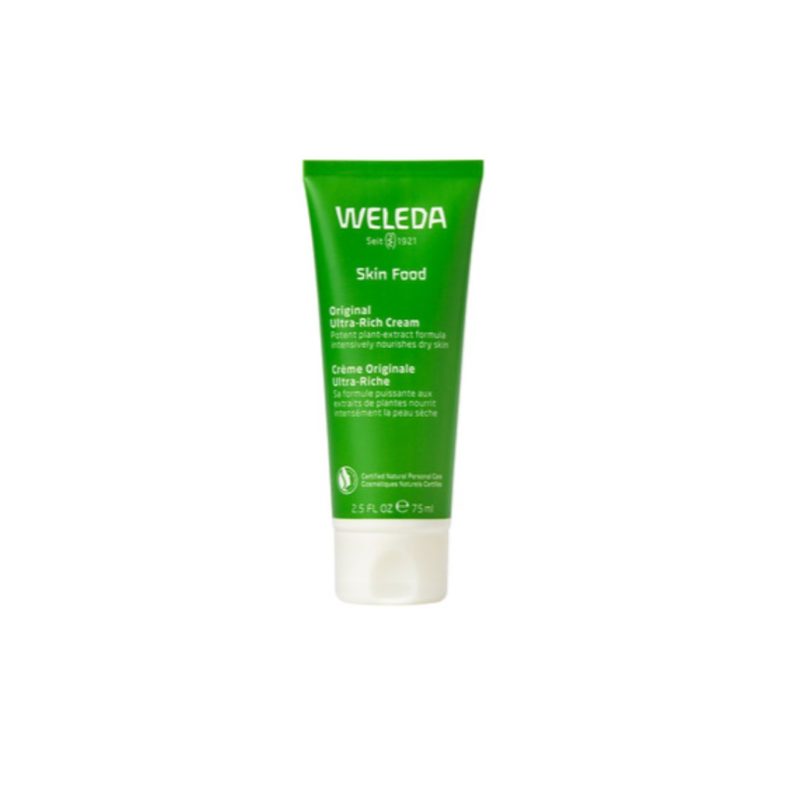When we think about how stress affects us, our minds usually leap to physical things like insomnia or irritable bowel issues (hello bloating!). Sometimes, we notice that stress plays with our emotional health, ramping up our anxiety or fuelling depression. But have you ever thought that stress could wreak havoc on your skin, causing, among other things, premature aging? It’s true – we quite literally wear stress on our skin – and it’s not a good look on any of us. Read on to find out how to wrest control of the sitch and face the future brightly.
The most popular skincare trends rn.
Your skin on stress – does stress cause bad skin?
Given that skin is the body’s largest organ, understanding how stress impacts it, and more importantly, finding ways to tamp down its effects are key to living a healthy life.
So, just what is it about stress that makes our skin react negatively? According to Toronto dermatologist Dr. Geeta Yadav, the culprit is cortisol, a.k.a. the stress hormone. “Stress, either temporary or chronic, triggers your body’s inflammatory response, which can cause your body’s cortisol production to go into overdrive.”
“Cortisol,” she continues, “can break down collagen and elastin, the proteins responsible for keeping our skin firm and resilient. Inflammation caused by chronic stress to the skin will result in premature aging.” Think fine lines, wrinkles and skin laxity.
That’s the longer-term effect of your skin on stress, but there are more immediate issues to contend with, as well. “When you produce too much cortisol, your skin may produce an abnormal amount of sebum. That excess oil can result in acne or trigger rosacea or eczema flareups,” says Dr. Yadav, medical director and founder of FACET Dermatology.
Even if you don’t have chronic skin conditions like rosacea or eczema, “stress can cause shifts in the balance of your skin barrier, leaving your skin more susceptible to irritation, sensitivity, redness, dryness or excess oil, and breakouts,” she says.
Stress can also impact wound healing, according to dermatologist Dr. Keira Barr, author of The Skin Whisperer. Again, cortisol is the cause, as elevated levels triggered by stress inhibit our immune system’s ability to manage the task at hand.
Inflammation, that by-product of stress, can also damage your hair and nails, the experts say. “Stress can shorten the hair growth cycle, resulting in faster hair fall and, in some cases, long-term hair loss,” says Dr. Yadav.
Dr. Barr concurs, adding that while most stress-induced hair loss is temporary, it needs to be dealt with quickly to prevent irreversible damage.
As for nails? Well, if you’re having trouble with peeling, brittleness, breakage and ridging, stress could be at the centre of it all.
Insta-Glow! How to get your pre-pandemic glow back in just one hour.
Solutions for stressed skin
Before you rush out to buy new lotions and potions, Dr. Barr suggests learning ways to manage stress, saying this alone is a “powerful addition to every skin care regimen.
“When you understand how stress affects your body, you can more effectively incorporate mind-body practices to help reduce your stress and improve your physical, mental and emotional well-being,” she says. Some of her recommended practices include meditation, acupuncture and breath work.
Dr. Yadav agrees with exploring the mind-body connection through wellness practices such as yoga or meditation. “Self-care can absolutely help to manage stressed skin, especially in those people who have chronic inflammatory conditions like eczema, rosacea, and psoriasis.
Kylie Jenner ASMR & sound baths: Is sound a meditation cheat code?
Both experts agree that while these are great first steps to managing short-term stress, a more holistic approach is key to optimal skin health and that may include seeing a specialist. “If you’re facing chronic stress and are seeing the toll it’s taking on your hair, skin and nails — or believe you are suffering from a condition like rosacea, eczema or psoriasis — it’s best to visit your dermatologist for a full evaluation and proper diagnosis of your symptoms,” says Dr. Yadav.
Fast fixes for stressed skin conditions
Most of us have a go-to solution to reduce or release stress. Some of us amp up our exercise routine, some double-down on mindfulness and others look for self-care ideas that will provide a respite from the pressure. One of my fast favourites is an end-of-day bubble bath with candles and aromatherapy. Not only does it keep my stress from negatively influencing my sleep patterns, tub time offers me a great space to practice breath work or visualization. And these days I’m visualizing better skin!
Here are a couple of easy-peasy breath exercises and one on-the-go acupressure fix.
Alternate nostril breathing. Here’s how to do it: Using your thumb, press your right nostril closed and inhale with your left. Then, close your left nostril with your index finger and exhale through your right side. Repeat as necessary (up to 10 should do the trick)
Box breathing. It works like this: Inhale to a count of four. Hold the air in your lungs for four. Exhale for four. Leave lungs empty for four. Repeat as necessary.
Hand acupressure. This practice, rooted in reflexology, is one of my faves for an on-the-go fix! First, I massage my hands with a great moisturizer. It’s not necessary, but I like how the small gesture of applying a beautiful lotion grounds me in the moment. Once that’s done, I take my left thumb and forefinger and gently massage the fleshy area between the thumb and forefinger on my right hand for a few seconds. Not only does massaging this area reduce stress levels, it’s good for headache relief, too. Switch sides and repeat as necessary.
Why dry skin isn’t just a jerk in winter, but in the summer, spring and fall, too.
Bottom line for skin that’s stressed
Don’t ignore what your skin is trying to tell you. Unmanaged stress is deleterious, but we have the tools to recognize and respond to it in a positive way. And, remember, there’s no time like the present to face the future with confidence.


